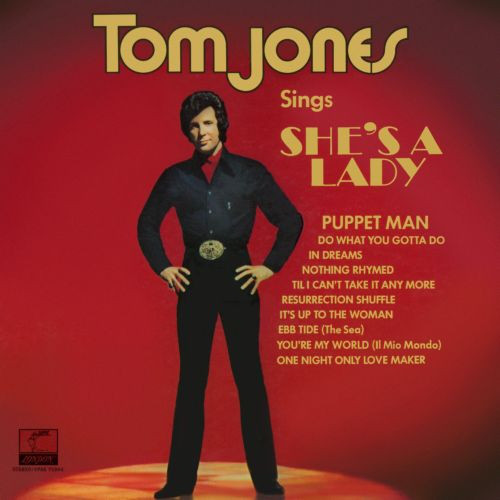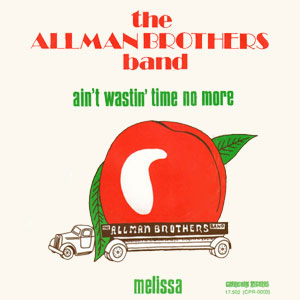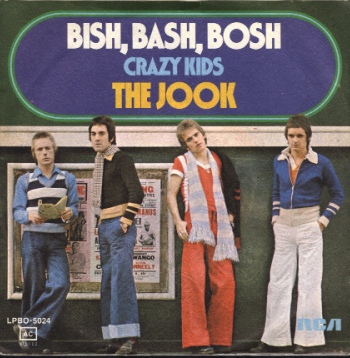
“Friends” (1971) – Buzzy Linhart * Written by Buzzy Linhart and Mark Klingman * LP: The Time to Live Is Now * Produced by Buzzy Linhart * Label: Kama Sutra
“Friends” became a show staple for Bette Midler and a highlight on her 1972 Divine Miss M debut album. It also became familiar enough as a singalong number on seventies variety shows that when you hear the original rag-tag rendition, its introverted nature will likely surprise you. Linhart, who co-wrote the song with Mark Klingman, gives it a non-singer’s delivery which is kinda the point, evoking a sense of self-pity that later versions seemed to obscure. “I had some friends but they’re gone. Something came and took them away… I’m standing at the end of the road…waiting for my new friends to come…” But will they?









